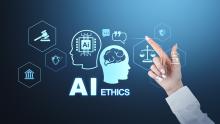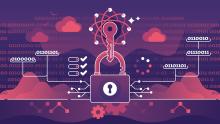
The internet has become an integral part of young people’s lives, but comes with risks from cyberbullying to online grooming. Blending interactive storytelling with scientific research, the EU-funded project RAYUELA developed a unique tool that educates young people about online threats while providing data to shape better policy.









